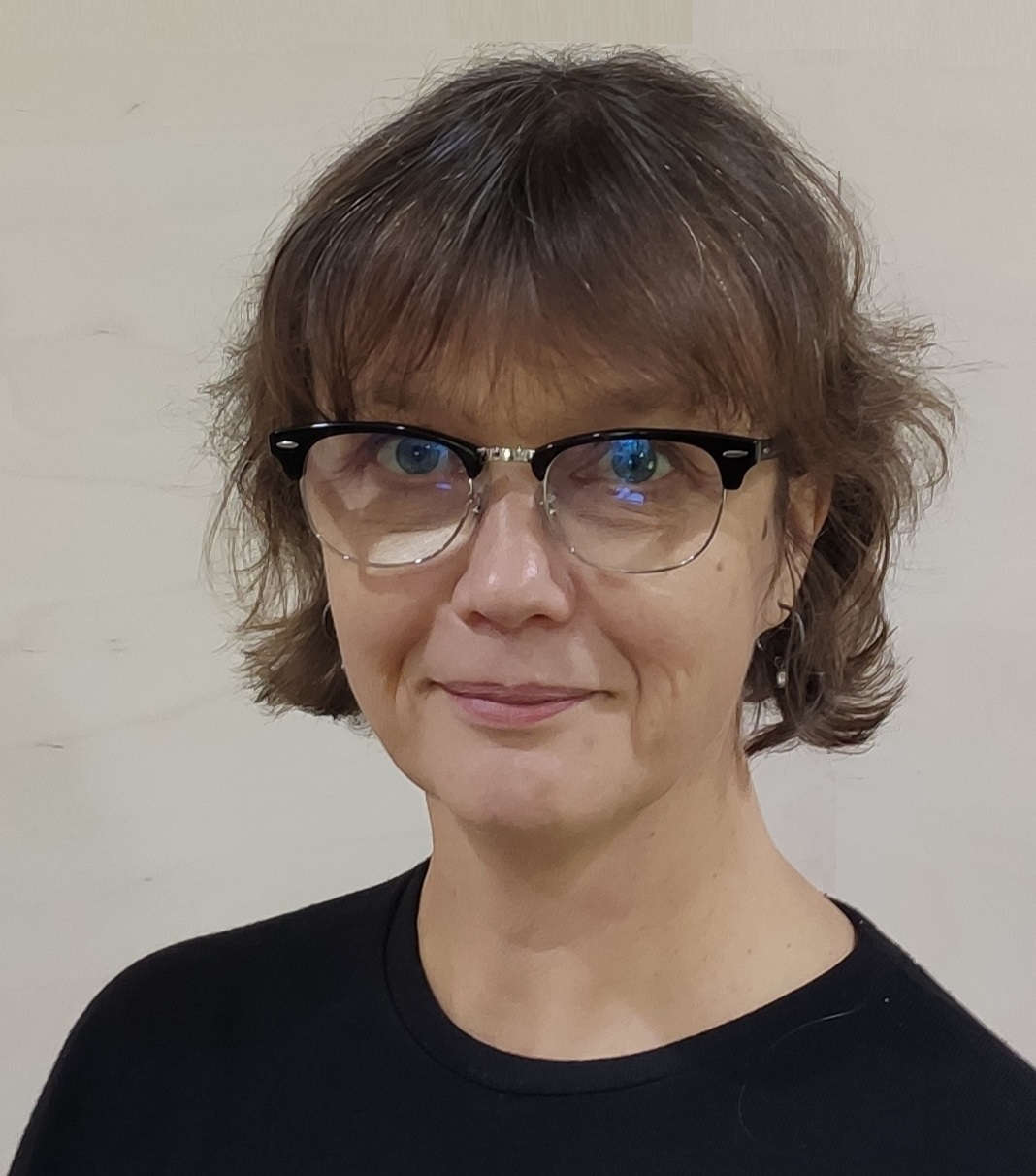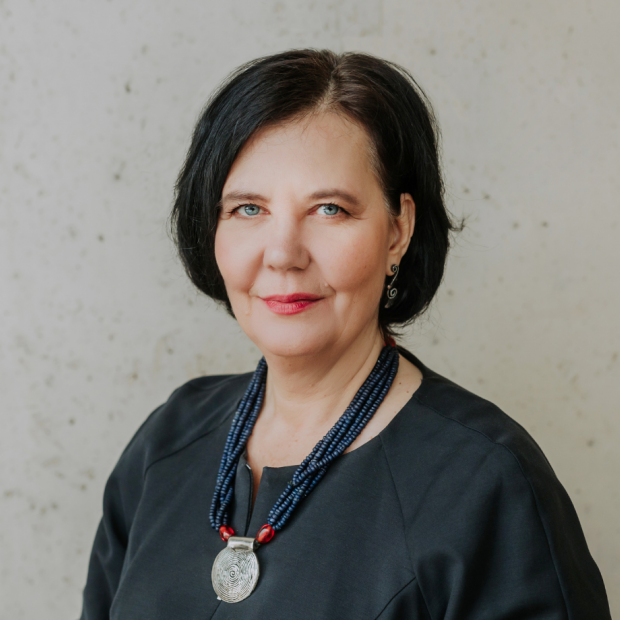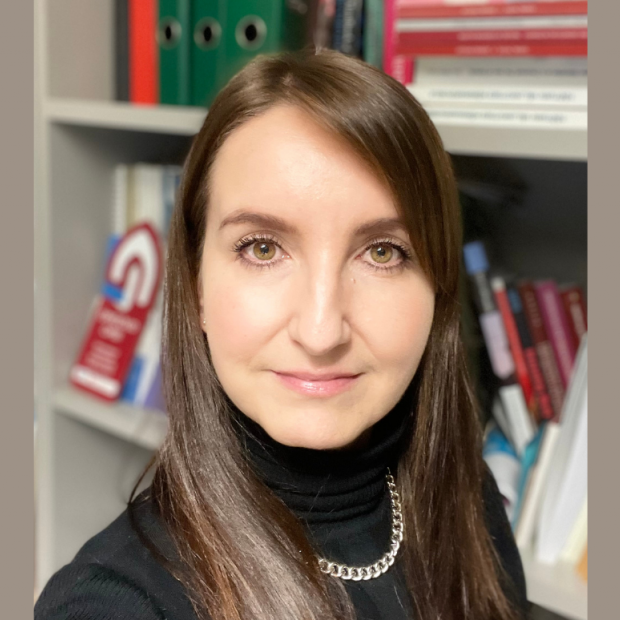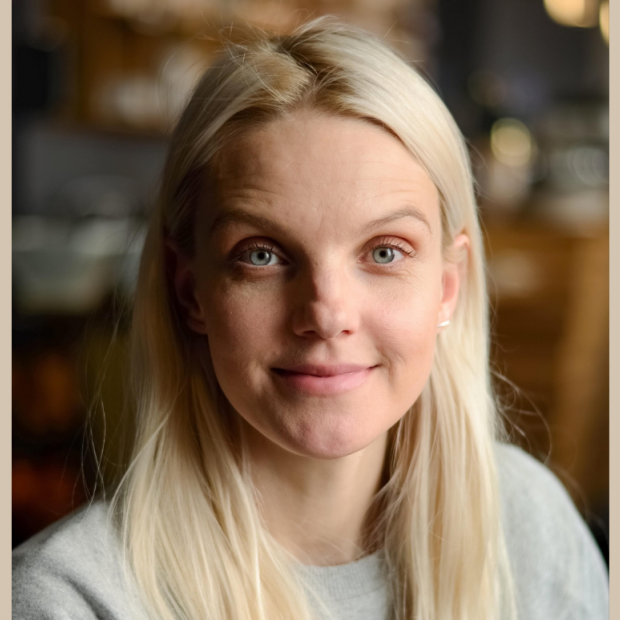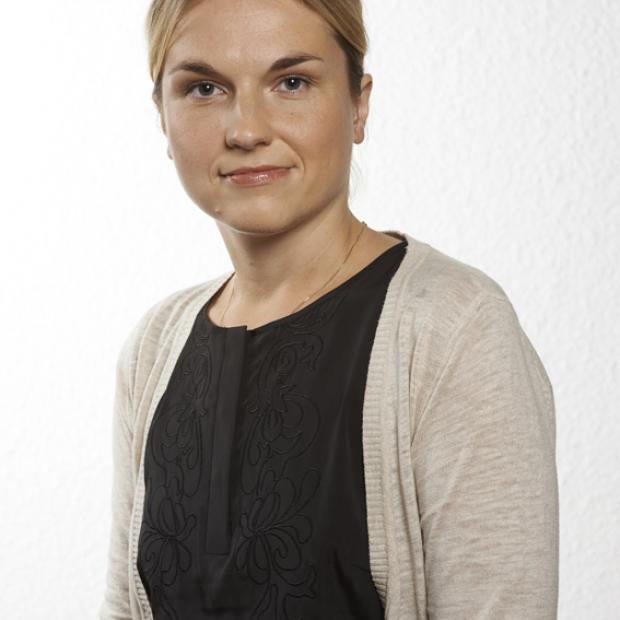Something more engaging than demonstration needed when teaching digital skills to elderly
Tiina Tambaum of the Institute of Education at Tallinn University will defend her doctoral thesis entitled “Teenaged Tutors Facilitating the Acquisition of e-Skills by Older Learners” on 13 September 2021 at 10:00.

The digital skills of the elderly are lagging behind those of young people. The problem is not temporary and will not disappear by itself over the years. The solution could be access to continuous, close-to-home learning. The role of teacher can be offered to school students. This thesis looks into how teenagers teach digital skills to the elderly and whether and how the teenagers should be prepared for this role.
In 2019, only two out of five elderly people aged 55-74 in Europe had basic digital skills. In Estonia, 15% of 55-64 year olds and 38% of 65-74 year olds do not use the Internet, even though in Finland the percentages for the same age groups are 4% and 10%, respectively. This phenomenon is called the grey digital gap. The more we use digital equipment, the bigger the differences between users of different age groups become. Getting used to new technology needed to keep up with daily life is not something that comes naturally for the elderly. What best describes the current situation with the acquisition of digital skills is a lack of learning rather than a lack of access to learning. This means that the availability of different apps or websites or access to those means of education is not sufficient. Important is how those new skills are acquired and how elderly students are guided towards success or how the student can later use the acquired skills outside the class.
In the study entitled “Teenaged Tutors Facilitating the Acquisition of e-Skills by Older Learners”, Tiina Taumbaum looks into the dialogue between learning and tutoring and focuses on the behaviour of the tutor in this relationship, i.e. on the pedagogical techniques of a young person without tutoring skills. The study raises questions of how a teenager as a tutor can shape the curriculum when tutoring an older student in acquiring basic level Internet skills. What should the teenage tutor know about tutoring techniques and should they familiarise themselves with the particularities of working with elderly students in advance? The study looks for an answer to the questions of how a teenage tutor’s prior individual preparation affects their natural tutoring as well as how tutoring is affected if the tutor is not familiar with the Internet environment they are teaching.
“The understanding that a person who can use the Internet environment can automatically teach others to use it is wrong. The author reached the conclusion that, if teaching outside of their home, teenage tutors need prior training in interactive tutoring techniques. A natural (without training) tutor rarely and irregularly uses interactive techniques,” Tambaum found. “The situation in which a tutor teaches how to use Internet environment of which they are a daily user can further lower the level of interaction. The same result is achieved if the teenage tutor starts preparing for tutoring by themselves.”
The study has concluded that the teenage tutors do not need to be told about the particularities of working with elderly students. Tambaum suggests focusing on tutoring techniques instead, the use of which covers most of the particularities of working with elderly students. This way, we avoid emphasising the differences between age groups and strengthening elderly stereotypes, which in turn helps us lower the risk of discrimination on the basis of age.
The public defence takes place in auditorium M648 at Tallinn University. The defence can also be viewed via Zoom.
The dissertation was supervised by Professor Peeter Normak from Tallinn University. Opponents are Professor Bernhard Schmidt-Hertha from Ludwig Maximilian University in Munich and Dr Marvin Formosa, docent of the University of Malta.
The doctoral thesis is available in the ETERA digital environment of the Tallinn University Academic Library.
